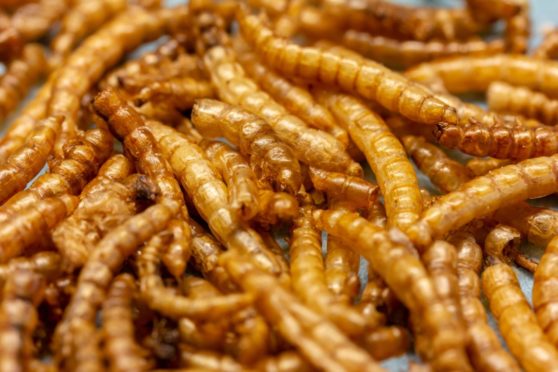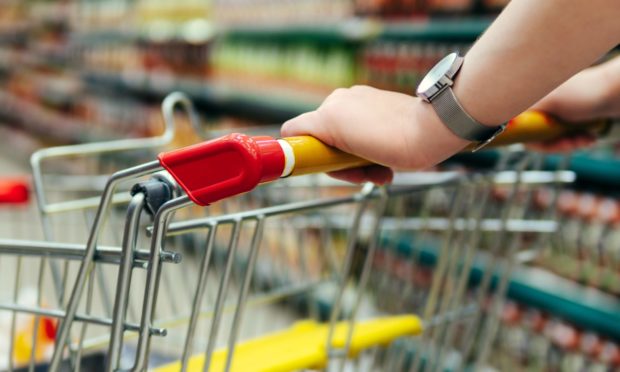After months of sustained year-on-year growth EU agri-food exports fell back in January.
Both exports and imports fell, but the drop in imports was greater – this means the balance of trade difference between imports and exports remained positive, increasing by 3.6% to 4.4 billion euros (£3.8bn).
The drop in exports was partly down to Brexit, with sales to the UK down by almost 800 million euros (£696m). Trade with the United States and Russia also fell, but exports to China continued to grow.
The figures confirm the drop in UK exports to the EU immediately after Brexit, with sales down by 875 million euros (£761m). There are however claims that UK/EU trade recovered in February as customs problems eased.
For the EU the key issue remains the positive and growing positive trade balance and it remains the UK’s biggest competitor on global markets.
It might not sound the most attractive of meal options, but the European Commission has approved an inspect-based product as a so-called novel food.
The product is a yellow mealworm, and the approval will allow further research into how these products could be manufactured and used a protein source. The product cleared all the hurdles of toxicology, but the challenge remains persuading people to embrace the concept of eating inspects.
However the Commission says that around the world millions of people eat insects every day. The initial approval is for five years.
Meanwhile, the European Commission has confirmed that because of continuing Covid-19 restrictions it will continue to use alternatives to farm visits, including satellite imagery, for Common Agricultural Policy (Cap) inspections.
And having agreed to look again at its rules on gene editing the European Commission has confirmed it is planning changes to liberalise rules on feed additive.
It sees these as a way of securing positive outcomes in areas such as reduced antibiotic use and as part of a strategy to tackle climate change from methane by making livestock more efficient.
It believes this fits well with its Farm to Fork strategy under the EU Green Deal.
This has been welcomed by feed manufacturers and the farming lobby – they have also encouraged the Commission to relax regulations on product development to reduce reliance on imported additives.
Lastly, in the wake of warnings from supermarkets that they could block imports from Brazil over poor environmental practices, progress with finalising the Mercosur trade deal with the EU now depends on how the Brazilian Government responds.
- Richard Wright is an agricultural commentator.

